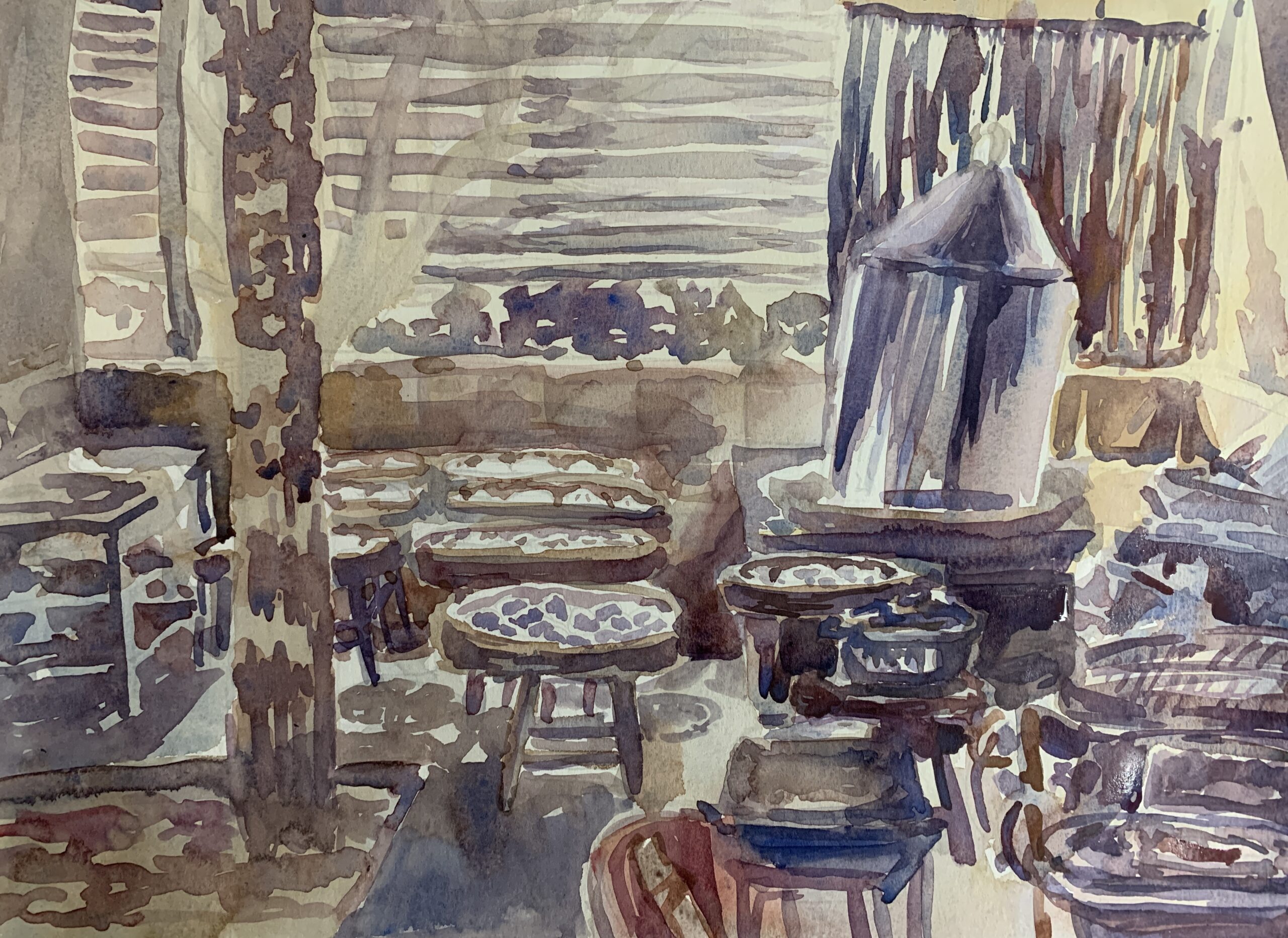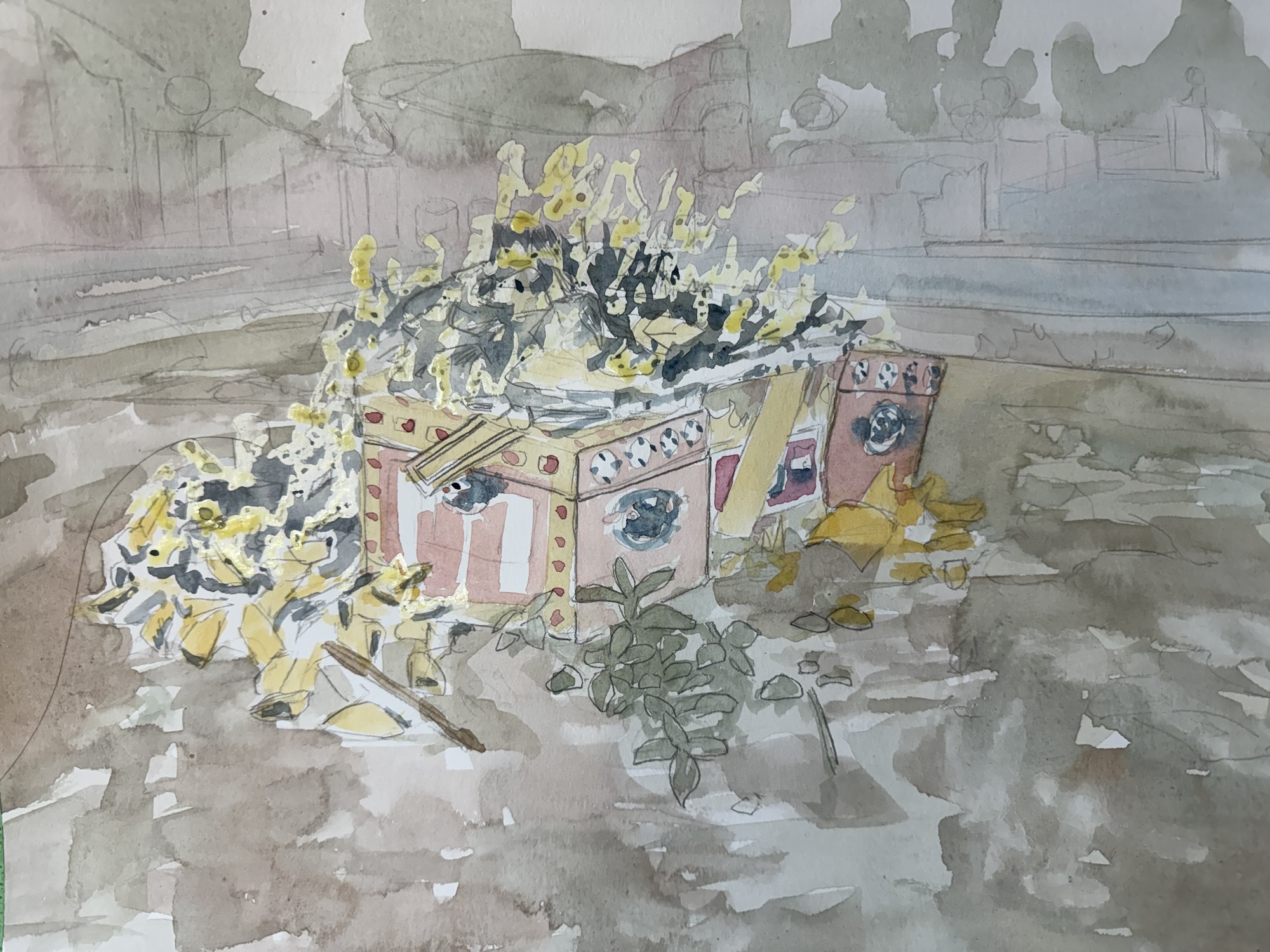I’ve been reading the Laws of Connection by David Robson, and Chapter 7 discussed about how secrets stop us from connecting with others. He discusses how his secret of being a gay man and how he could not be discovered because when young, he heard the tone of voice of a family member talking about another man being evicted for being gay.
Robson describes how keeping secrets has consequences of increasing our stress and our relationships. When we have secrets, we have to strain to keep this as a secret as it takes mental effort to do this, even when we are not thinking about it. Constantly, our minds return to fears of being exposed. It’s mentally straining and reduces our performance. Robson quotes Andre Gide:
“It is better to be hated for what you are, than to be loved for what you are not”.
The secret of being Malaysian
This reminds me of my experience at the Oakville Art in the Park. Growing up, my mother would tell me that at school when people asked me where I was from, I should not say that my parents were Malaysian, and instead that they were from Singapore. The reason? Singapore was a wealthier country and I would be protected from being looked down upon as poor by glossing over the ethnic origins of my family history.
Among the many types of racial bullying I faced growing up, one kid demanded for me to acknowledge that Singapore did not exist as a country. We didn’t yet study geography, otherwise I could have proven him wrong.
The secret still persists today
So, during the art show when I had revealed to patrons that the paintings that I had created depicted Malaysian villages where they were from, it seemed strange to me that my parents would rather take up the label that these were paintings of my travels, rather than to discuss what it was like growing up in Malaysia.
Being Malaysian, somehow, still was a big secret.
Art patrons were not only very excepting of seeing depictions of Malaysia and also very interested in their experiences. It was on full display in all of the paintings and the descriptions that I had created. It made for an unusual concoction of emotions for me.
The impossibility of hiding being an immigrant
When you are poor, you try every bit to hide the fact that you are poor, but it sticks out like green hair. It comes through when you have to eat at a fancy dinner and don’t understand that there are multiple wine glasses, and confuse the bread and dinner plate. It comes out when you can’t engage in conversation about owning cottages or going to the latest new restaurant. As much as you try to emulate those around you, you’re secretly worried that people are laughing behind your back.
I only realize now how strange it was for the other kids around me to see I brought fried anchovies for lunch with rice, while I craved their plastic cracker and ham Lunchables.
I don’t think I really grew up in poverty – we were probably lower middle-class. Like most families, money was always an issue of contention. I grew up understanding very clearly how much my parents valued money and would spend hours as a kid trying to find cents on the ground that others had dropped.
So part of me is happy to express to force a secret out into the daylight. It’s a hesitant embrace for me.

